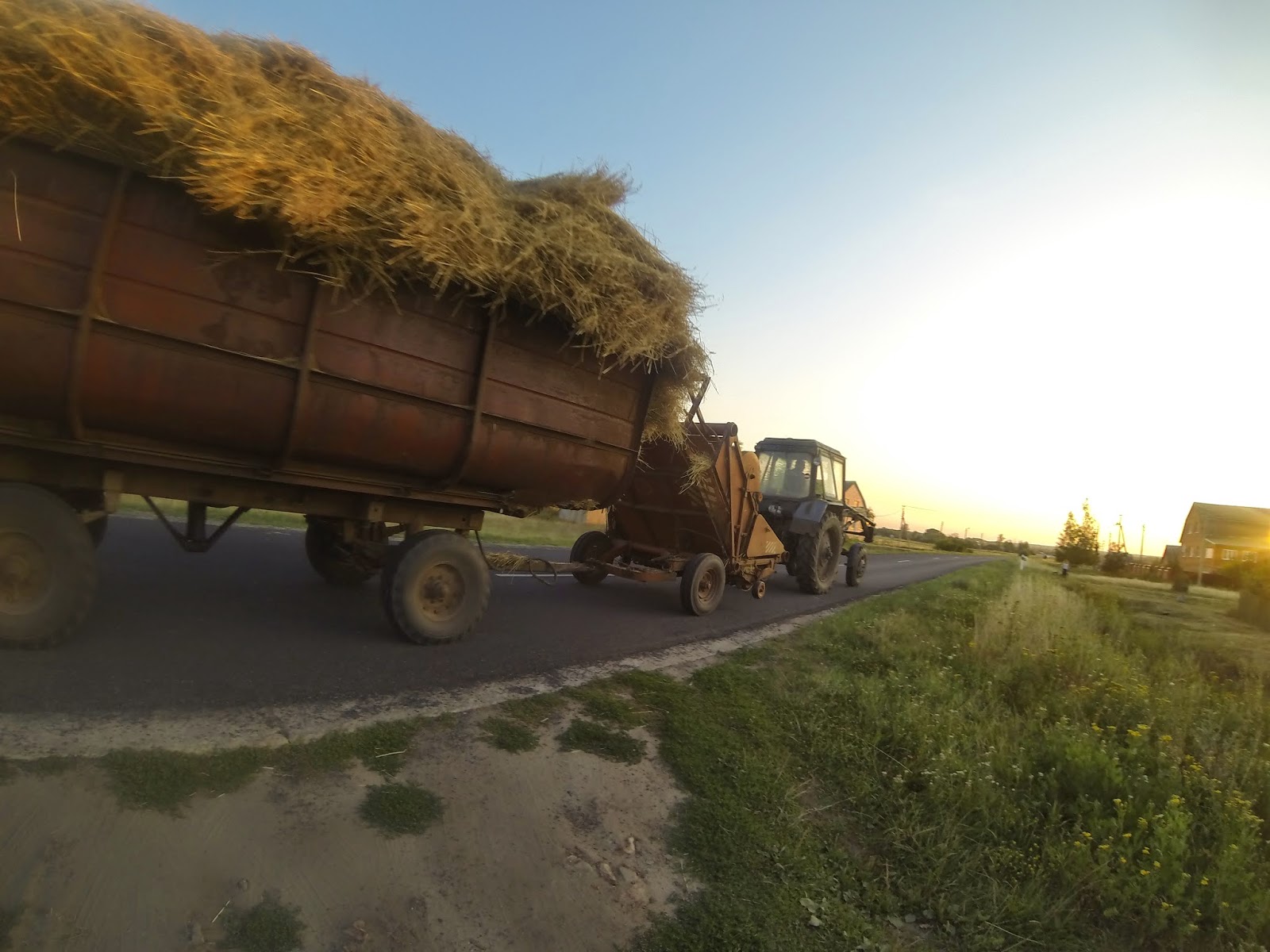 Back at the turn of the
last century I ran some training workshops on organic farming to academics, farmers
and various industry bods in freezing classrooms across Russia, fortified with
vodka and caviar sandwiches.
Back at the turn of the
last century I ran some training workshops on organic farming to academics, farmers
and various industry bods in freezing classrooms across Russia, fortified with
vodka and caviar sandwiches.
Good fun it was too
but at the time I wasn't sure it was being taken all that seriously when what
everyone really needed was access to affordable food which was organic anyway because no one had funds to buy chemicals or fertiliser.
So naturally I'm taking full credit for setting the seed fourteen years ago that resulted in the Russian State Duma Committee announcing the start of public
comments and expert evaluations of a draft of National Standard (GOST/ГОСТ) “Regulations of Organic Production”.
That process is now
complete and a new draft version of the standards is to be published later this
month, with a helpful translation.
Which is timely as
organics in Russia is hitting the headlines with stories that fledgling organic
producers are seeing an opportunity to expand market share as sanctions
restrict food imports and consumers are considering more deeply how and where
food is produced.
Around the time I
was talking organics with the Ruskie's I was also running a module on organics to
British ag students who thought organic farming was the daftest
thing they had ever heard and when was the bar open again?
Over time I think I
managed to get the students to see that organics was basically a marketing
opportunity, they shouldn't feel threatened by it and they could still home
and spray the bejesus out of every living thing because that’s the way Dad did
it but if someone else wanted to capitalise on a niche market that just left
more room for conventional producers.
The organic market
share in the Russian food sector is about 0.1% which seems optimistic to me as in all
my years of travelling Russia I have never seen any, been offered any or to my knowledge
eaten anything that was classed as organic.
I have eaten a lot
of excellent, fresh, good quality, seasonal food that would have been organic
in as much that it was grown without pesticides or bagged fertiliser but would
not satisfy the comprehensive and ridiculously extensive list of accreditation requirements
that make up most organic standards.
The Russian organic
sector has failed to catch on for a number of reasons but a lack of clear
organic legislation hasn't helped so this initiative to produce a set of
national standards should be a step in the right direction.
